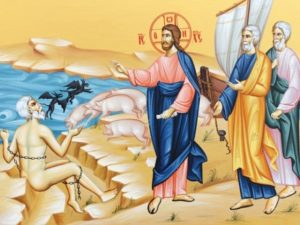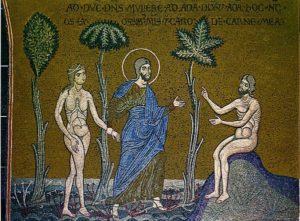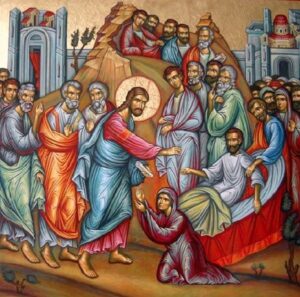Which Came First: The Church or the New Testament? – 6
8 February 2016[Previous Publication: http://bit.ly/1PmztEm]
THE BUBBLE BURSTS
As I delved deeper into my study of the history of the New Testament, I saw my previous misconceptions being demolished one by one. I understood now what should have been obvious all along: that the New Testament consisted of twenty-seven separate documents which, while certainly inspired by God nothing could shake me in that conviction-had been written and compiled by human beings. It was also clear that this work had not been accomplished by individuals working in isolation, but by the collective effort of all Christians everywhere-the Body of Christ, the Church. This realization forced me to deal with two more issues that my earlier prejudices had led me to avoid: (1) the propriety and necessity of human involvement in the writing of Scripture; and (2) the authority of the Church.
HUMAN AND DIVINE
Deeply committed, like many evangelicals, to belief in the inspiration of Scripture, I had understood the New Testament to be God’s Word only, and not man’s. I supposed the Apostles were told by God exactly what to write, much as a secretary takes down what is being dictated, without providing any personal contribution. Ultimately, my understanding of the inspiration of Scripture was clarified by the teaching of the Church regarding the Person of Christ. The Incarnate Word of God, our Lord Jesus Christ, is not only God but also man. Christ is a single Person with two natures-divine and human. To de-emphasize Christ’s humanity leads to heresy. The ancient Church taught that the Incarnate Word was fully human-in fact, as human as it is possible to be-and yet without sin. In His humanity, the Incarnate Word was born, grew, and matured into manhood. I came to realize that this view of the Incarnate Word of God, the Logos, Jesus Christ, paralleled the early Christian view of the written Word of God, the Bible.
The written Word of God reflects not only the divine thought, but a human contribution as well. The Word of God conveys truth to us as written by men, conveying the thoughts, personalities, and even limitations and weaknesses of the writers-inspired by God, to be sure. This means that the human element in the Bible is not overwhelmed so as to be lost in the ocean of the divine. It became clearer to me that as Christ Himself was born, grew, and matured, so also did the written Word of God, the Bible. It did not come down whole-plop-from heaven, but was of human origin as well as divine. The Apostles did not merely inscribe the Scriptures as would a robot or a zombie, but freely cooperated with the will of God through the inspiration of the Holy Spirit.












